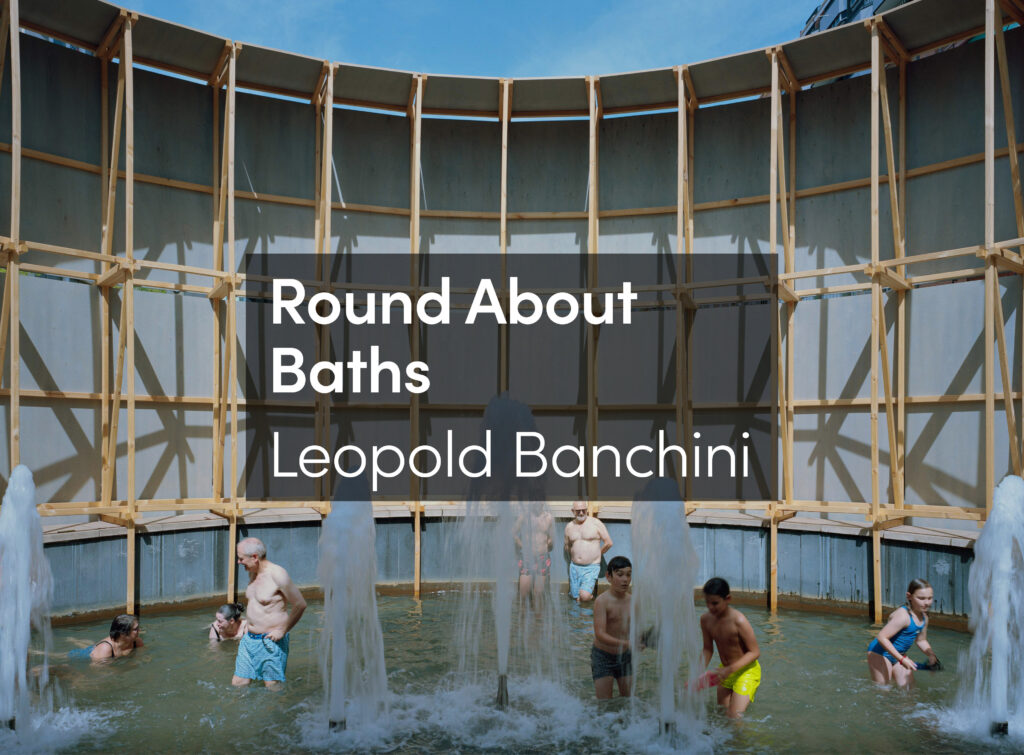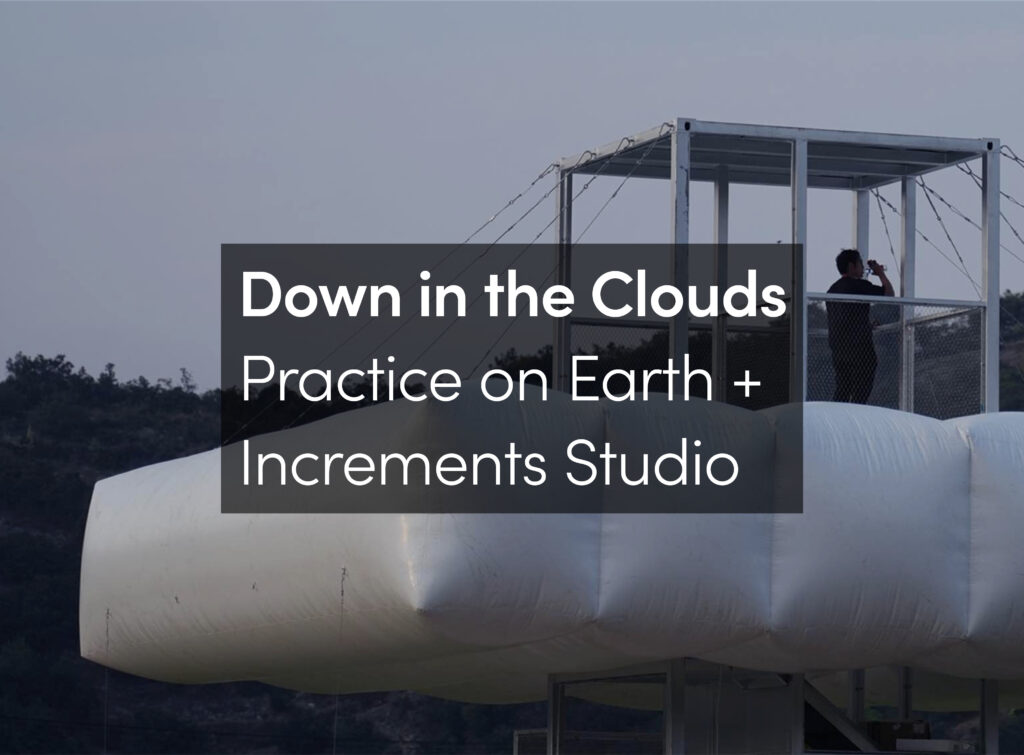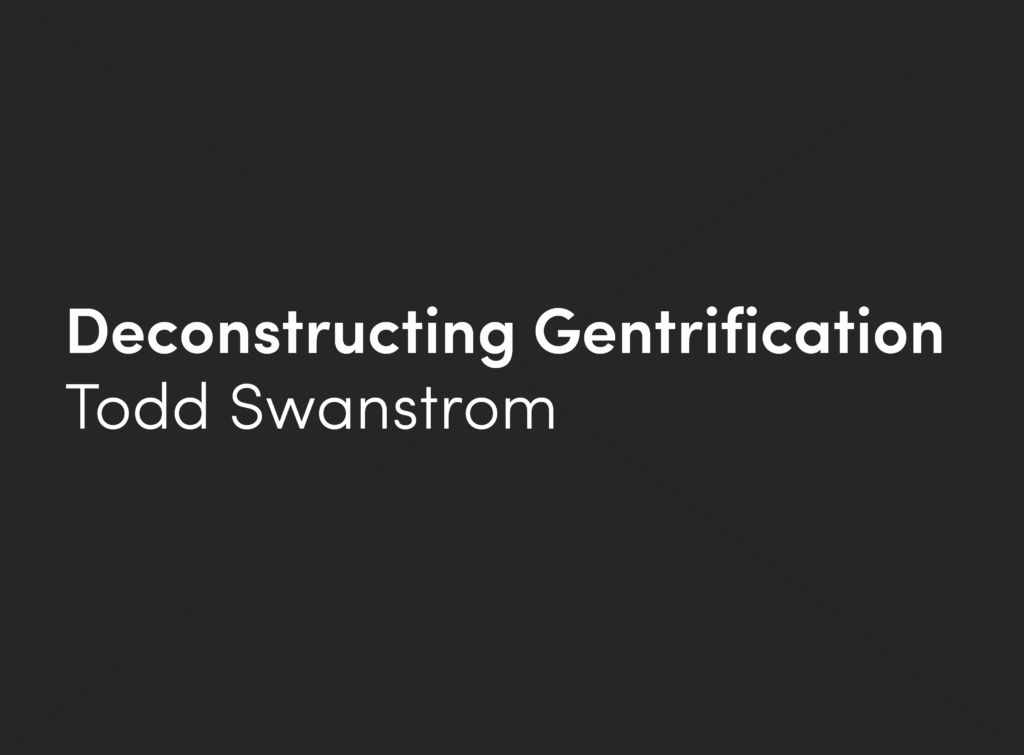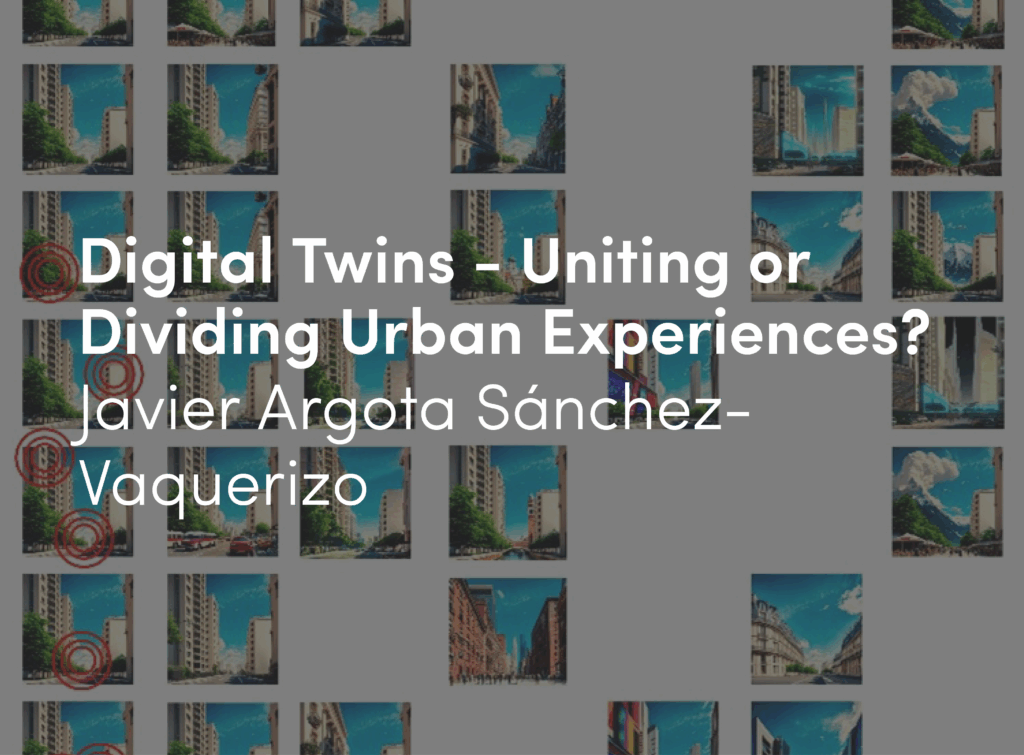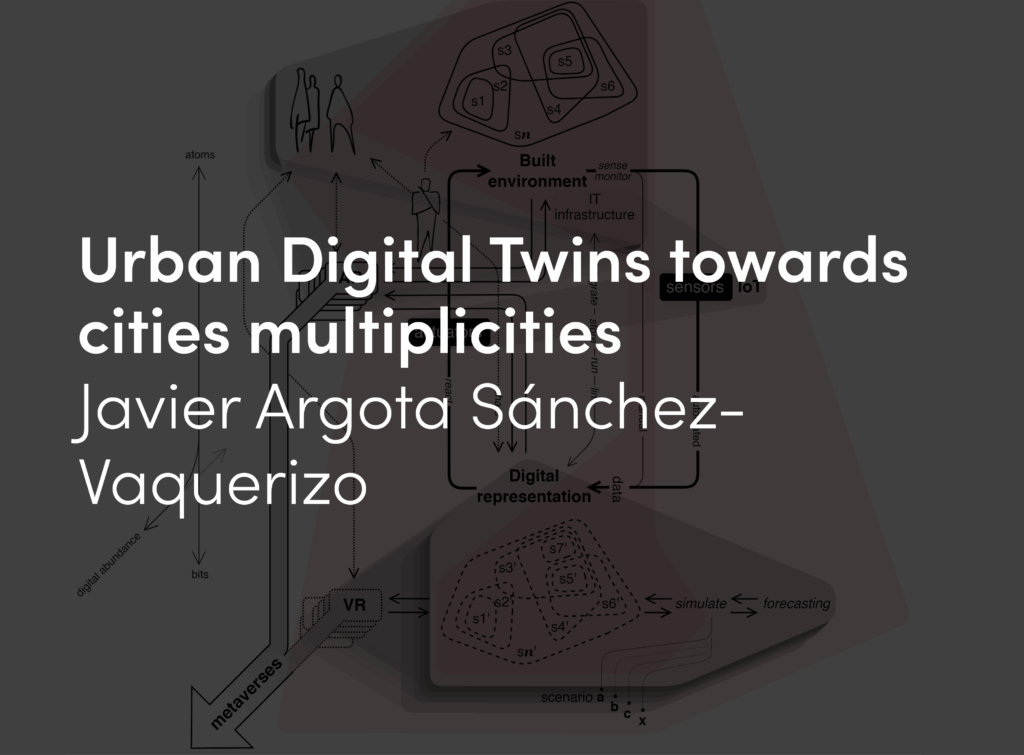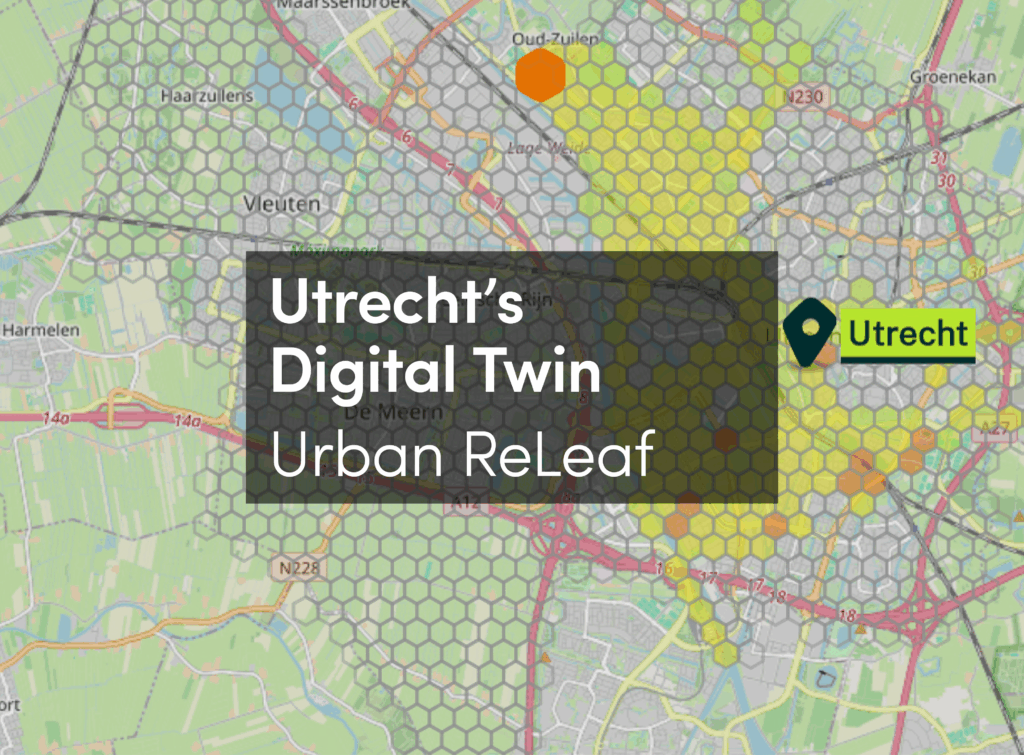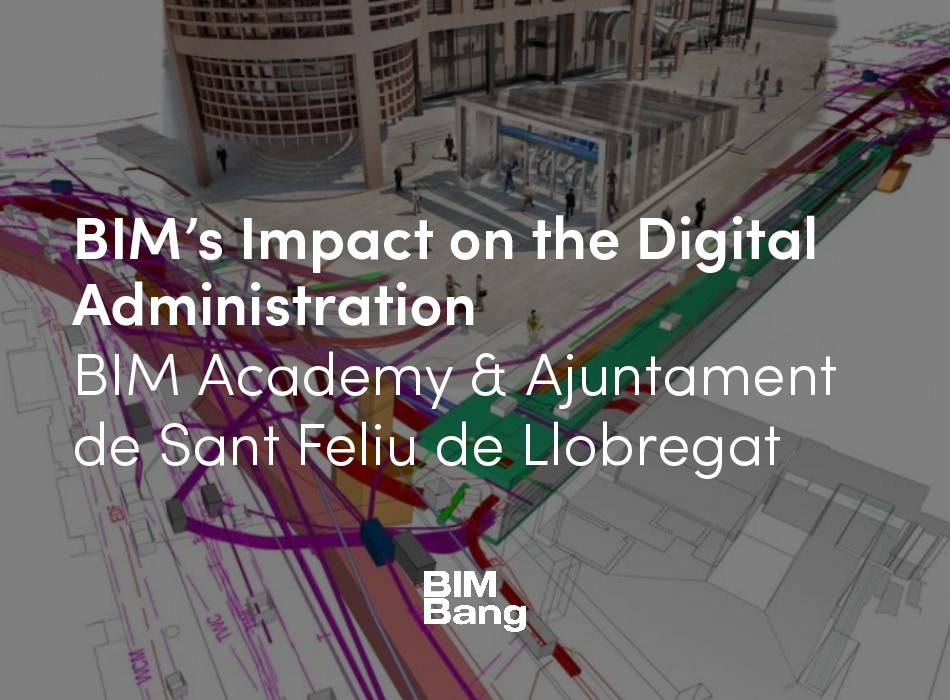Malmö – A City With Different Faces
The city of Malmö, located in the southernmost part of Sweden, has established itself as an internationally recognized skateboarding destination and is highly valued by local skaters. Unlike many other cities, Malmö has embraced and appreciated skateboarding and skateboarders in its public planning and development.
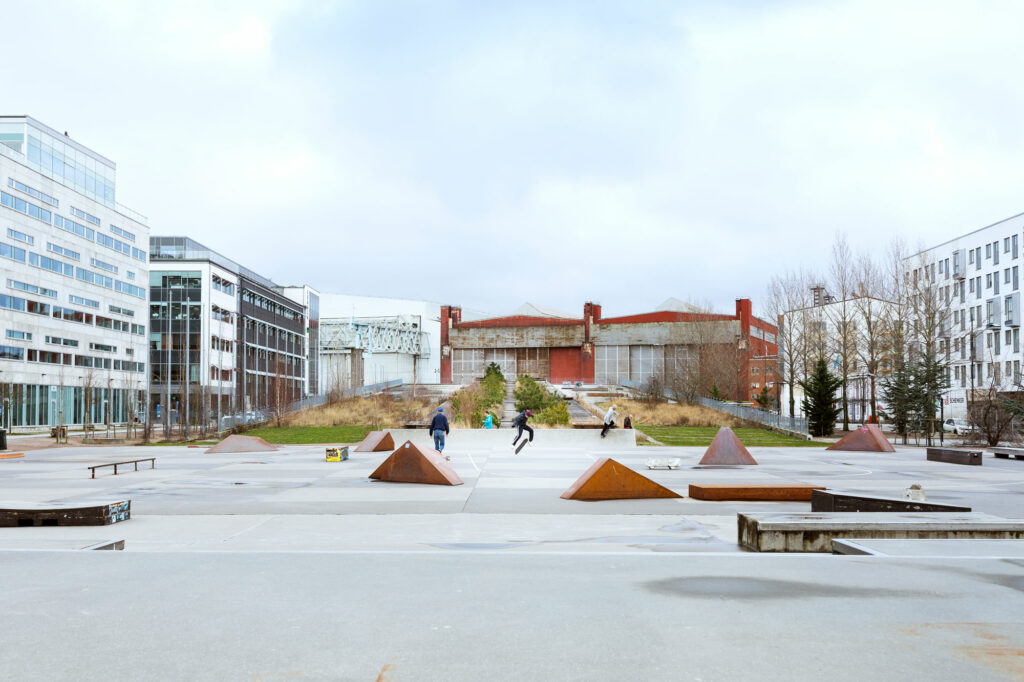
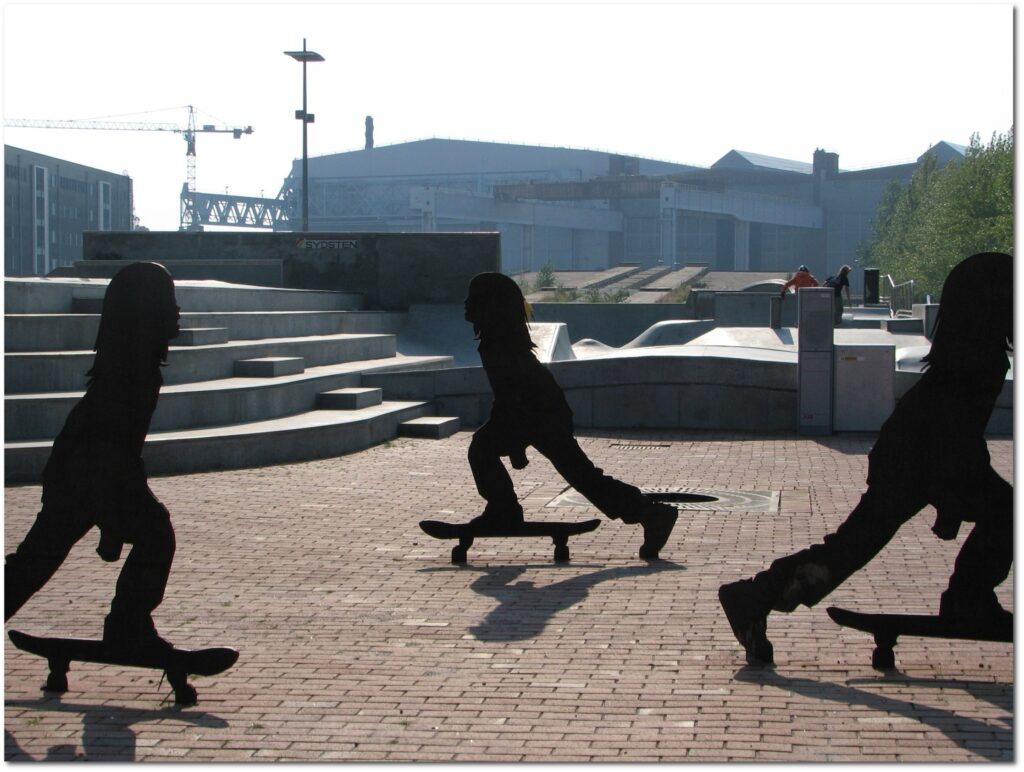
Before delving into Malmö as a skateboard city, let me introduce you to the city itself. Malmö is a medium-sized, former industrial city in southern Sweden. It boasts a diverse and youthful population, but also experiences significant socioeconomic polarization. Often described as “a city of contrasts” or “one city, two tales,” Malmö has, since the 1990s, pursued a dual approach to transformation into a modern, post-industrial city. On one hand, the city has focused on city branding with neoliberal undertones (e.g., Salonen et al., 2019; Listerborn, 2017). On the other hand, Malmö grapples with urban challenges such as segregation, exclusion, insecurity, and violence, and has implemented a wide range of strategies to improve living conditions for its residents. These strategies include support for urban sports, development of public spaces, and grassroots initiatives. Today, ideas of participation, diversity, and youth are celebrated in both rhetoric and practice, as well as in the branding of Malmö. The development of skateboarding is a prime example of this.
Skateboarding has become a symbol for the city, utilized across various levels and departments within the municipal organization, whether in business, creativity, inclusion, or leisure activities. As a civil servant at the City of Malmö stated in an interview (Book, 2024, p. 08): “The skate image perhaps embodies Malmö or the self-image as the cool underdog.”
Although I am not a skater myself, as a doctor in urban geography and an associate professor in sport science, I am fascinated by skateboarding as an urban phenomenon. In Malmö, where I work, it is impossible to overlook the significant role skateboarding plays in the city. My goal, as an outsider, is not to claim an understanding of the underlying sub-cultural structures and the very essence of skateboarding, but rather to study the phenomenon from an urban development perspective. To achieve this, I need to maintain close communication with those who are deeply involved in the skateboarding community.
Malmö – a Multifaceted Skateboard City
In the paper Malmö – The Skateboarding City: A Multi-Level Approach for Developing and Marketing a City through User-Driven Partnerships, Book & Svanborg Edén (2021) examined how skateboarding as a community, sport and cultural phenomenon became integrated into- and drove the development, branding and marketing of Malmö. The paper was produced through a communicative co-constructed process of one scholar (Book) and one practitioner within the skateboarding field (Svanborg Edén, who is the officially employed skateboarding coordinator of Malmö). Through the narrative told by the practitioner, and with basis in the established understanding and conceptualization of place marketing through sport, with emphasis on concepts like place branding, image, identity and urban entrepreneurialism, success factors of the skateboarding initiatives in Malmö were identified. Book & Svanborg Edén (2021) concluded that the success behind Malmö’s establishment as a recognized skateboard city rests on a multi-level, multi-content approach. Firstly, the spatial setting is favourable, with large-scale skate parks as well as small scale DIY (do-it-yourself) projects and street-skating opportunities. Especially, the allowing attitude towards skateboarding in public space is emphasized. The skateboard environment includes a variety of skaters with local skaters riding side-by-side with renowned skateboard-profiles.
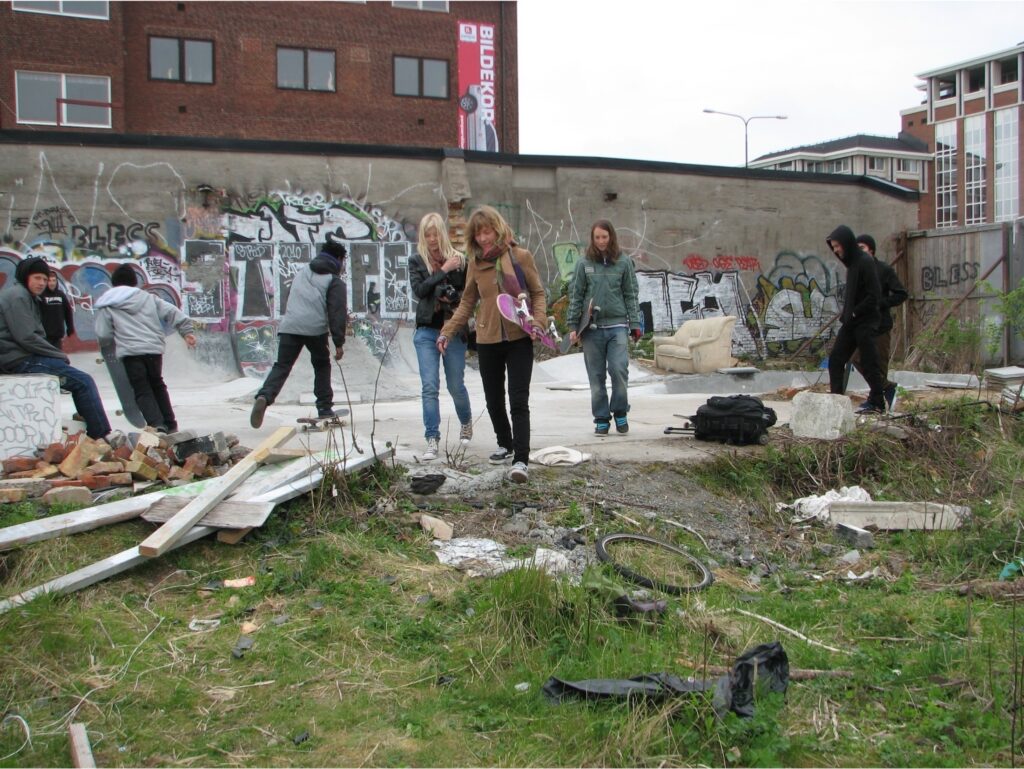
Secondly, the city’s skateboarding event portfolio ranges from World Championship finals to community activities. Thirdly, the engagement in the development of the skateboarding city includes all levels from committed individuals and the grassroots-community to institutional support, not least through the skateboarding coordinator and the communication network/platform Skate Malmö. Moreover, a growing commercial skateboard-industry is emerging and there is a skate-profiled high-school. So, it is undoubtedly a multi-level, multi-content skateboard city. With the help of media exposure, not least social media, the brand of a skateboarding-friendly city has strengthened and spread. Book and Svanborg Edén (2021, p. 175) conclude that “the development has resulted from an interface with shared values between the institutions that have enabled the shaping of common goals. Instead of fitting and forcing a phenomenon into an outward-oriented image-strategy, skateboarding as a phenomenon and culture has been allowed to develop organically, creating a credible, unique and congruent image for Malmö.”
For a thorough discussion of the above features of the skateboarding city of Malmö, read the full paper by Book and Svanborg Edén (2021).
Malmö – A Maturing Skateboard City
Let’s jump three years in time. In 2024, Malmö implemented two prestigious skate projects, both showcasing the power of skateboarding in Malmö. One of the projects was the opening of LOVE Malmö which is a copy of a part of iconic LOVE Park in Philadelphia. When LOVE Park, one of the most sacred places in the skate world, was demolished in 2015, the City of Malmö bought 20 tons of stone, edges and garbage cans from the site and used it for building a copy (the City of Malmö, 2024; SVT, 2024). It was considered to fit well into, but also adding a new dimension to, Malmö as a skateboarding city. Another project, opening at the same time, was an exhibition at the recognized Art Center, consisting of Koo Jeong A’s skateable installation Event Horizon Malmö. Skateboarders were invited to skate the three beautifully designed bowls inside the art center. This, too, adds a new dimension to the skateboarding city: a combination of fine art and street sport in one of the city’s finest establishments.
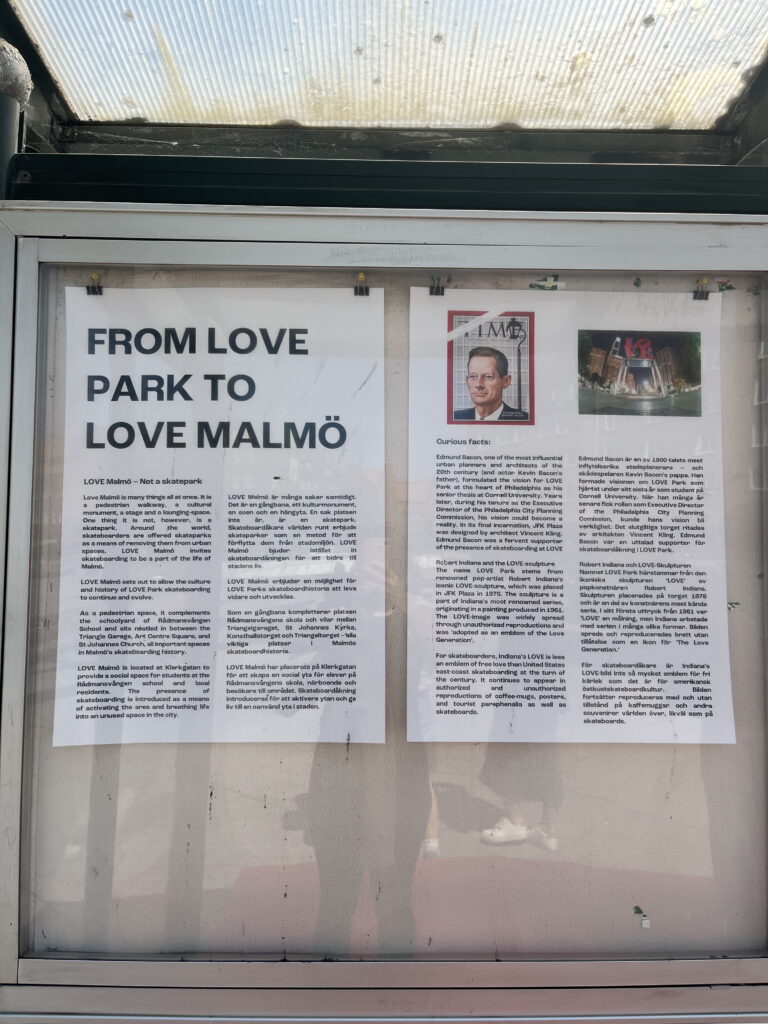
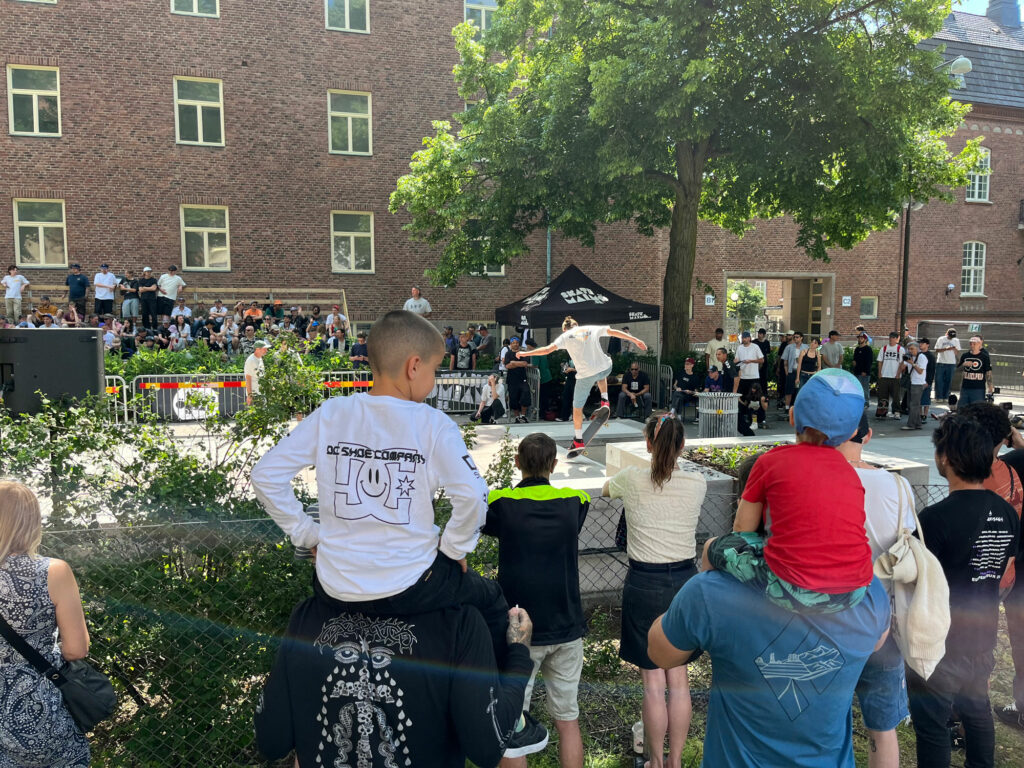
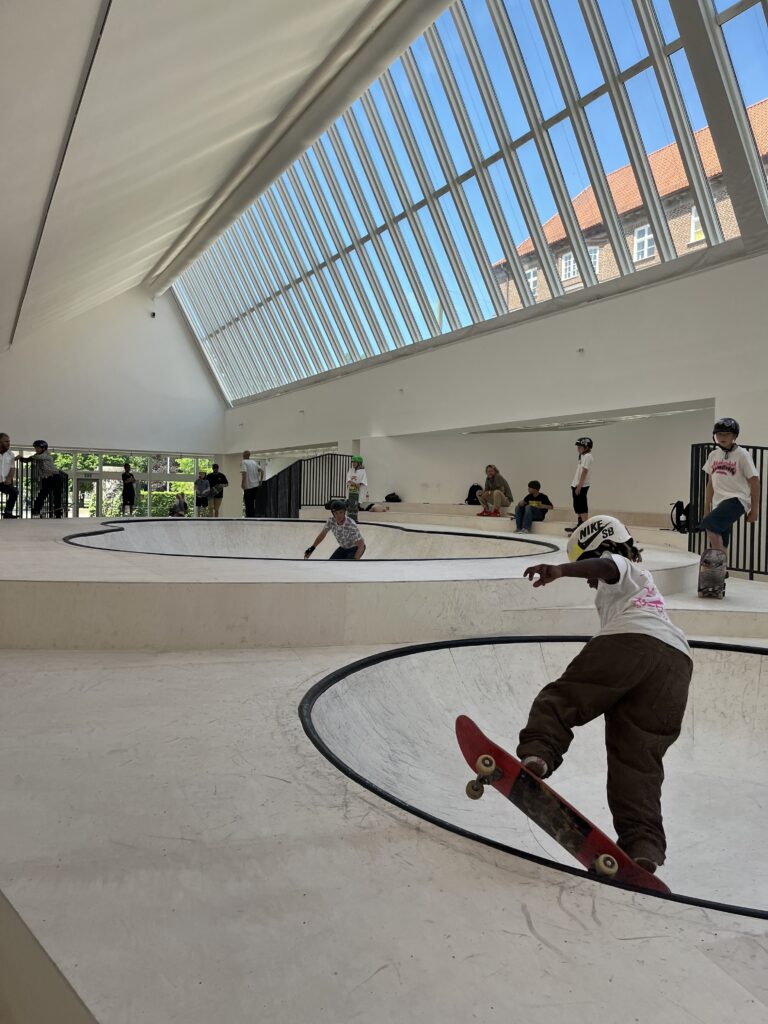
These projects indicate a strong position and recognition of skateboarding in Malmö. From a skateboarding perspective, Malmö is very well developed. Perhaps even too well developed? Is skateboarding too normalised in Malmö?
Although Malmö is considered to be ahead of many cities in integrating skateboarding into formal urban development, we are witnessing a global shift. In more and more places, skateboarding is seen as an attractive urban force and a desirable part of public life, a trend Howell noted as early as 2005. Consider the Olympic Games in Paris last year, where the centrally located Place de la Concorde was transformed into a street-sport mecca. Arenas for skateboarding, breaking (breakdancing), 3×3 basketball, and BMX freestyle were all brought together, giving exposure and recognition to these relatively new, youthful Olympic sports. Skateboarding was seamlessly integrated into the elegant Parisian urban fabric, much like it was allowed into the Art Center in Malmö. However, these examples do not necessarily ensure that skateboarders are invited as active agents in urban development.
The recent urban skateboard development sparked my interest, prompting me to follow up on my and Svanborg Edén’s article from 2021 by writing a paper on the development of Malmö as a skateboarding city. This paper explores the concepts of placemaking and value co-creation, and importantly, it incorporates narratives from individuals with diverse connections to skateboarding and Malmö. The paper is titled “No need to be rebellious: Placemaking and value co-creation in the skateboarding city of Malmö” (Book, 2024).
To gather a variety of perspectives, semi-structured interviews with six informants were conducted. These included two civil servants at the Business Department, City of Malmö; the skateboarding coordinator at the Streets, Parks and Property Department, City of Malmö; the operational manager at the non-profit skateboarding organisation Bryggeriet; a former Swedish skateboarding champion, Malmö resident and representative in the Swedish Skateboarding Federation; and one assistant professor and skateboarding researcher from USA. With one exception, the informants are older than 40. This likely indicates the influence behind the skateboarding initiatives in today’s city.
Check out: The Making and Co-Creation of Place by Karin Book here.







